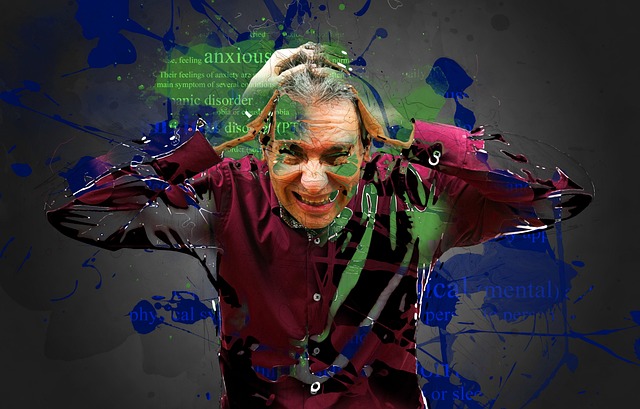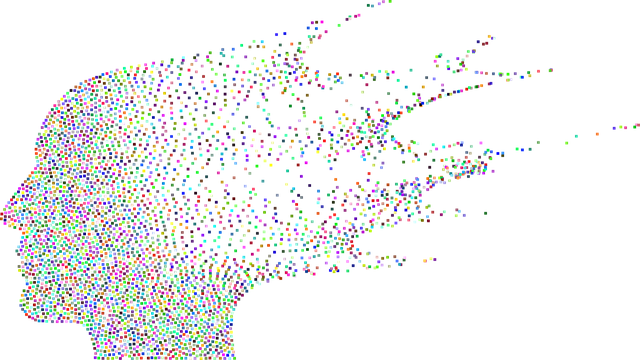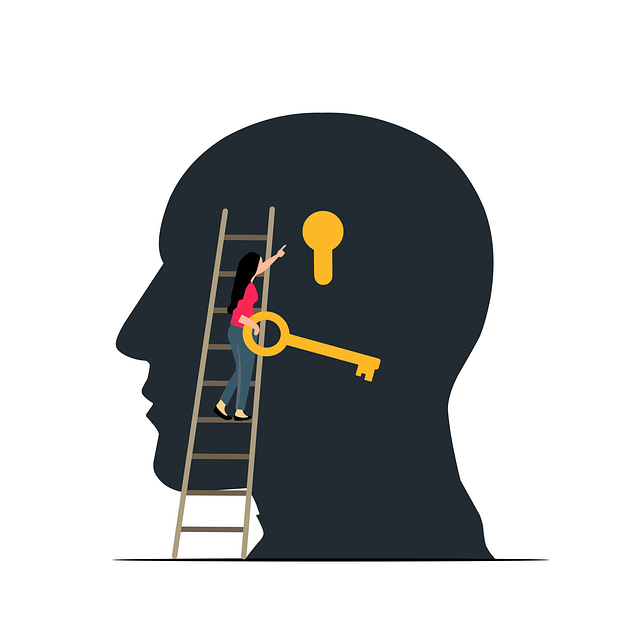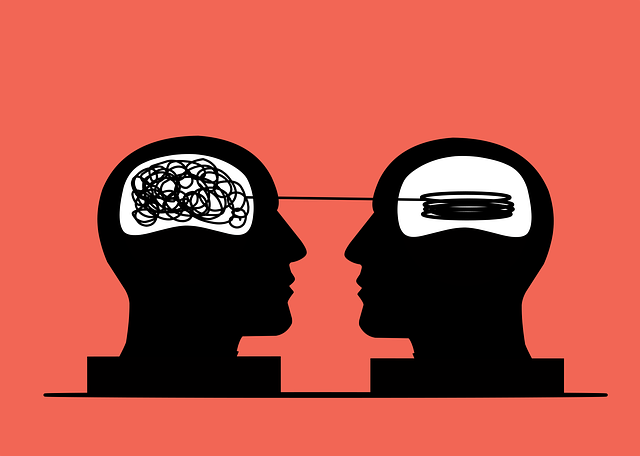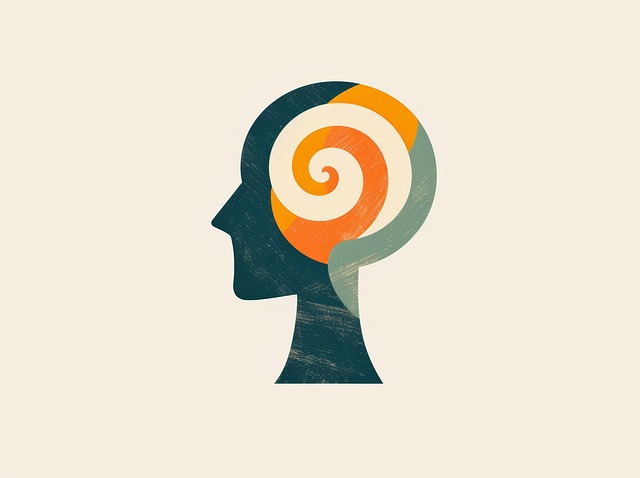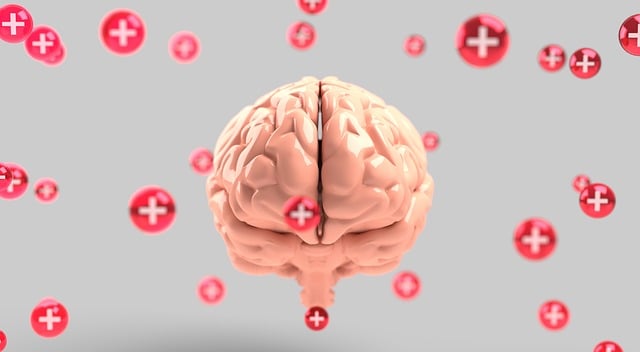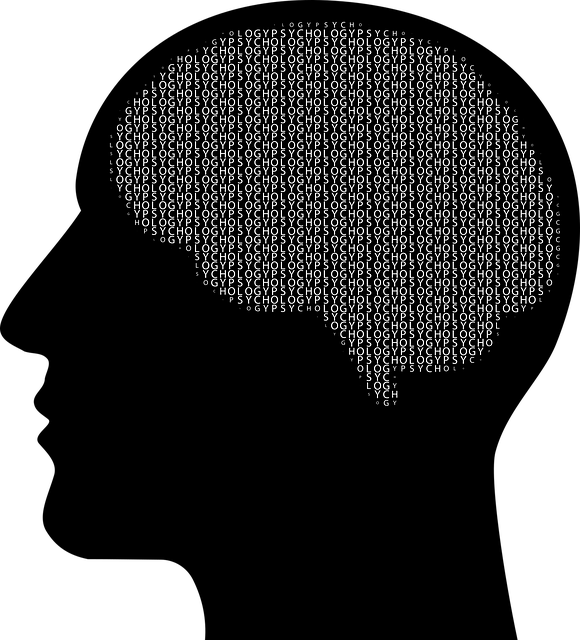Dissociative disorder among youth is a complex mental health issue stemming from trauma, causing detachment from thoughts, memories, and emotions, impacting daily life. However, tailored CBT enhanced with compassion cultivation practices has proven effective in treating this disorder in young adults. By reframing perspectives, cultivating resilience, and using mindfulness practices like journaling and stress management techniques, individuals can regain emotional control, manage symptoms, and improve their quality of life. Regular progress tracking, social skills training, and culturally sensitive mental healthcare further support recovery through positive thinking and tailored coping mechanisms.
“Unleash the transformative power of positive thinking as a therapy for young adults grappling with dissociative disorder. This comprehensive guide explores effective strategies to combat the impact of this complex condition. Discover how tailored positive thinking exercises can become powerful tools in helping youth regain control and find resilience. From understanding the disorder’s intricacies to designing engaging activities, integrating practices into daily life, and tracking progress, this article offers a roadmap for a positive shift towards recovery.”
- Understanding Dissociative Disorder and Its Impact on Youth
- The Power of Positive Thinking: A Therapeutic Approach
- Designing Effective Positive Thinking Exercises
- Integrating Exercises into Daily Routines for Sustained Change
- Tracking Progress and Celebrating Success in Recovery
Understanding Dissociative Disorder and Its Impact on Youth

Dissociative Disorder, particularly among youth, is a complex mental health condition characterized by a disconnection from one’s thoughts, memories, and emotions. This disorder often stems from traumatic experiences, causing individuals to feel as if they are observing their own lives from outside themselves. Such symptoms can significantly impact a young person’s ability to navigate daily life, affecting their academic performance, social interactions, and overall well-being.
For young adults dealing with Dissociative Disorder, therapy plays a pivotal role in healing and recovery. Cognitive Behavioral Therapy (CBT) and specific approaches like Compassion Cultivation Practices have shown promise in treating this disorder. By focusing on building inner strength and cultivating positive thinking, these therapeutic methods empower youth to regain control over their thoughts and emotions. This process is crucial for helping them develop resilience, manage symptoms, and improve their quality of life.
The Power of Positive Thinking: A Therapeutic Approach

The power of positive thinking isn’t just a motivational slogan; it’s a therapeutic approach with profound implications for mental health. For young adults grappling with dissociative disorders, cultivating positive thinking can be transformative. Dissociative Disorder, often stemming from traumatic experiences, involves a disconnection from reality and one’s own identity. By embracing mind over matter principles, individuals can regain control and rebuild their sense of self.
Positive thinking isn’t about ignoring pain or trauma; it’s about reframing perspectives to foster resilience. Trauma support services emphasize the importance of this approach in healing. When young adults internalize positive thinking as a coping mechanism, they develop a mental fortitude that empowers them to navigate life’s challenges with greater ease and confidence.
Designing Effective Positive Thinking Exercises

Designing effective positive thinking exercises requires a tailored approach, especially when addressing specific challenges like dissociative disorder in young adults. These exercises should aim to cultivate a sense of safety and promote healthy coping mechanisms. For instance, incorporating mindfulness practices can help individuals stay grounded in the present moment, reducing the intensity of dissociative episodes. Simple yet powerful techniques such as guided visualizations or body scans can be used to enhance self-awareness and foster a deeper connection with one’s physical senses.
The Crisis Intervention Guidance for young adults with dissociative disorders should include activities that nurture compassion towards oneself. Encouraging participants to reflect on their experiences through journaling, for example, allows them to express and process emotions, fostering resilience. Additionally, incorporating anxiety relief strategies like deep breathing exercises or progressive muscle relaxation can help manage the heightened stress levels often associated with dissociative symptoms. These practices, when integrated into structured sessions, offer a holistic therapy approach, enabling young adults to regain control and navigate their emotional landscapes more effectively.
Integrating Exercises into Daily Routines for Sustained Change

Integrating exercises into daily routines is key to fostering sustained positive change, especially for young adults navigating dissociative disorders and their related challenges. Therapy for young adults with dissociative disorder often emphasizes the importance of consistent practice in building resilience and promoting mental wellness. Simple yet powerful tools like mental wellness journaling exercises can be seamlessly incorporated into existing schedules. Dedicating just a few minutes each day to reflect and record thoughts, emotions, and experiences helps individuals develop a stronger sense of self-awareness and emotional regulation.
Moreover, stress management workshops designed for this demographic can equip them with practical strategies to cope with stressors that might trigger dissociative episodes. Regular participation in such workshops, coupled with consistent journaling practice, creates an effective framework for depression prevention and overall mental wellness guidance. By making these exercises a habitual part of their daily routines, young adults can foster a sense of control, build coping mechanisms, and ultimately enhance their ability to manage symptoms associated with dissociative disorders.
Tracking Progress and Celebrating Success in Recovery

Tracking progress is a vital component of any therapeutic journey, especially for young adults navigating dissociation. Regularly monitoring improvements and setbacks provides valuable insights into the recovery process. This can be done through various methods such as keeping a journal to record thoughts, emotions, and behaviors, or using specialized apps designed for mental health tracking. By setting achievable goals and regularly assessing progress, individuals can gain a deeper understanding of their strengths and areas that require further attention. Celebrating successes, no matter how small, is an essential aspect of fostering positive thinking. Recognizing milestones achieved during recovery helps to build momentum, reinforces resilience, and strengthens the mindset shift towards positivity.
In the context of therapy for young adults with dissociative disorder, social skills training and cultural sensitivity in mental healthcare practice play significant roles in tracking progress effectively. These elements contribute to a supportive environment where individuals can learn coping skills development tailored to their unique experiences. With the guidance of therapists, young adults can identify triggers, develop healthy coping mechanisms, and cultivate a sense of agency over their emotional well-being, ultimately leading to sustained positive thinking and improved overall recovery.
Positive thinking exercises offer a promising therapeutic approach for young adults dealing with dissociative disorder, providing them with tools to navigate their mental health journeys effectively. By integrating these practices into daily routines, individuals can foster resilience and promote healing. Through consistent effort, tracking progress, and celebrating successes, young adults can experience significant improvements in their overall well-being, ultimately enhancing their ability to manage symptoms and thrive in life. This holistic strategy, combining exercise implementation with professional therapy for dissociative disorder, paves the way for a brighter and more fulfilling future.
